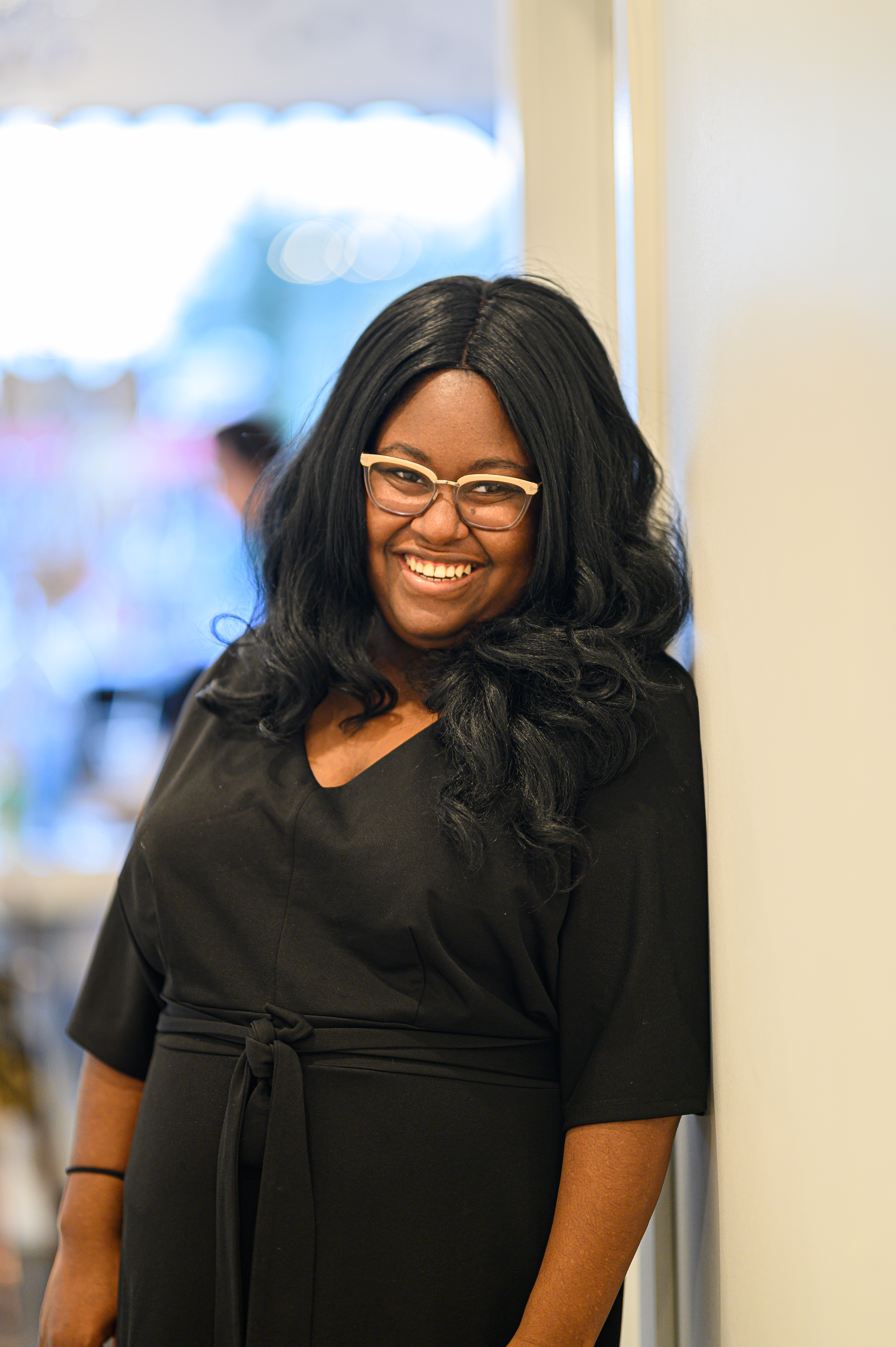
#insulin4all Really Has to Mean "For All"
5 Feb 2020, 4:39 p.m. in #insulin4all USA, Global Stories by Mila Clarke Buckley
I have type 2 diabetes. If you think that insulin affordability doesn't affect me, or my family, you'd be wrong.
Having type 2 diabetes comes with a lot of misconceptions. People think that the disease always comes down to "lifestyle choices" like overeating sugar, or being obese. But for a person like me, genetics plays a factor. For others, insulin resistance is an inevitability. People living with type 2 diabetes are often told they've done it to themselves, and take on a lot of misplaced blame for an illness we didn't ask for -- that no one asks for.

Misconceptions shift the attitude about the severity of diabetes. These misconceptions can often make diabetes seem like it's not a complicated and severe disease. It also drives the message that there’s something you can do to “fix it,” and that fix is an easy one. Misinformation about diabetes also hurts the #insulin4all movement, and the overall perception of diabetes.
Misconceptions don't just exist outside of the diabetes community, they're prevalent inside of our own space. Sometimes, when I see the defense for #insulin4all, one thing sticks out to me: the argument that patients with certain types of diabetes need insulin to live, while others don't. I'm always conflicted about this response, because it leaves people out of a movement that needs as much strength as possible. It also alienates people with type 2 diabetes, and perpetuates more misconceptions.
For the first year of my type 2 diabetes treatment, my goal was to control my blood sugar with diet, exercise, and oral medication if needed. When I couldn't, and I didn't see a lower A1c, I had to accept the fact that my body needed insulin to live. Without it, I was looking at an A1c of 10% and more risk for diabetes-related complications. I finally found a doctor who prescribed a long-acting insulin, and helped me get my blood sugar in better ranges. Taking insulin was never a position I thought I'd be in. Now that I'm here, I realize even more how important affordability is.
For anyone taking insulin, it comes at a cost. Anyone and everyone who uses insulin needs it. We all need to be a part of this conversation for as long as it's happening. This is why the #insulin4all conversation must be more inclusive. We need to be allies to one another when it comes to advocating for affordable insulin. If our own community can't get past the misconceptions, how do we expect anyone else to?
Oftentimes, people with type 2 step back from the conversation because we're facing the stigma and shame that comes with admitting you have type 2 diabetes. But there are so many of us who can share our voices. We can see the impact of rationing. We understand the burden of the high costs of insulin on top of oral medications for diabetes and other healthcare costs. We know what it’s like to choose basic necessities to afford insulin. We get it. And we want to be there fighting for it, too.
We have strength in numbers, and the more we band together, the more noise we can make for fellow people with diabetes. It's worth it to remember that insulin affordability affects us all, and #insulin4all has to stand for that. When we say #insulin4all, we have to mean it.
Read more from Mila on her website, Hangry Woman.












